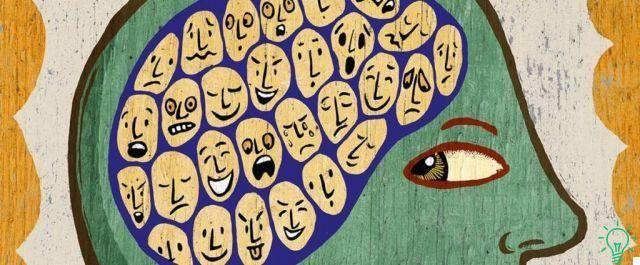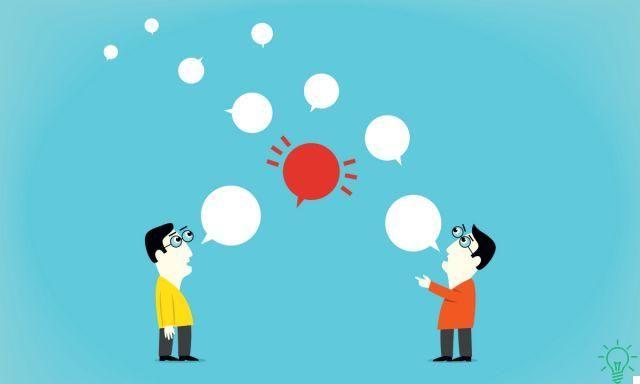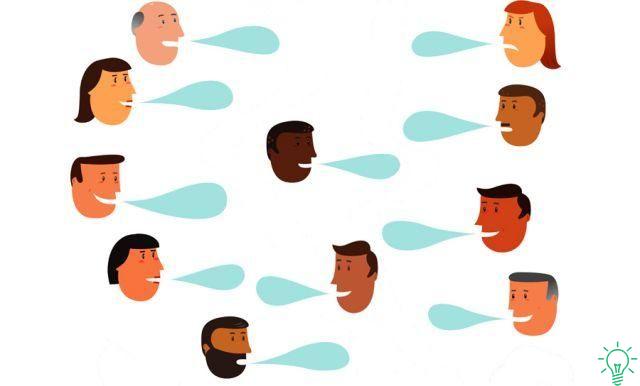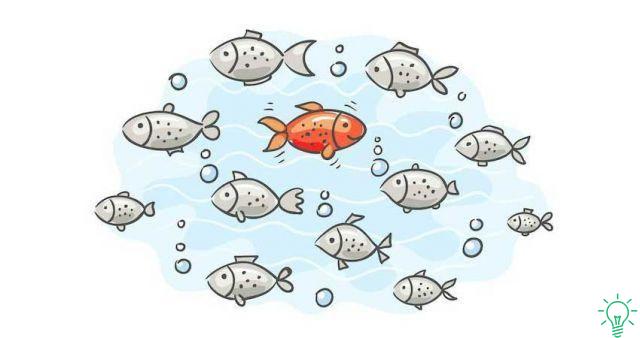
There are people who oppress and exhaust us. They devour our time and our energy. They are not at peace with themselves and try to wreak wars wherever they go, leaving behind a trail of malaise and frustration. Their attitudes and words put a strain on our emotional balance, making us stressed and nervous. If we don't stop them, we run the risk that they will end up destroying our happiness, dragging us with them into a state of chronic dissatisfaction.
Saboteurs of happiness
A study conducted at the University of Rochester revealed that 1 in 10 people have an overwhelming or very difficult psychological profile to manage. These people have been called "happiness saboteurs".
They are people who tend to use others as "emotional containers". Their fears, insecurities, uncertainties and anxieties pour over us. While they don't always do it consciously, they are specialists in transferring harmful emotions to others.
The mechanisms by which these people drain our psychological energy are different. Some do it out of verbosity. People who talk too much can be exhausting because they require our attention every moment of the conversation. These long monologues force us to constantly put ourselves in their shoes, an exercise that can be tiring.
Other people can overwhelm us with criticisms and complaints, whether directed against us or against the world. Talking to them is like diving into a flow of negativity and pessimism that ends up affecting our mood. These people have a problem with every solution we find, so they can end up infecting us with the attitude that no effort is worth it.
There are also those who oppress us with their excessive demands. Some people can become very self-centered, so they try to impose their priorities on us by making constant demands that relegate us to the background, so we end up neglecting our needs.
Why do we feel oppressed?
Emotions, whether we like it or not, are contagious. The empathy we usually experience when we establish an interpersonal relationship transforms us into emotional sponges capable of absorbing the toxic energy that surrounds us. As a result, we can feel psychologically exhausted, irritable, angry or depressed after these encounters.
However, sometimes it is easier to blame others for what we feel than to take responsibility for our emotional reactions. Therefore, we must always ask ourselves if we are really dealing with a person who is overwhelming and stressful or if we are already weighed down and stressed.
Often, everyday tensions, latent conflicts and unresolved issues create a fleeting and vulnerable state of mind. Under these conditions, anything can become the straw that breaks the camel's back.
In other cases, what oppresses us is not the attitude of the person himself or the emotions he transmits, but some "unfinished business". That is, when we have an unresolved conflict with someone or have swallowed too many words and harbor resentment, it is understandable that the mere presence of that person annoys us, irritates us and oppresses us.
Protect our emotional balance by setting limits
Nobody has the right to create storms in a calm sea. If we find that there are indeed people who oppress us and empty us with their words and attitudes, we will need to take steps to protect our emotional balance.
It is important to set clear psychological limits and enforce them. In most cases, the people who oppress and sabotage our happiness have our tacit agreement. We give our assent, for example, when we endure the situation so as not to escalate the conflict.
Instead, we need to be clear about what attitudes we are not willing to tolerate to stop them as soon as they appear. If we are unwilling to hear his complaints, for example, we might ask the person if there is a specific problem with which we can help him, rather than hearing the whole catharsis.
Generally these people are not aware of the impact of their words and attitudes on others, so sometimes a "wake-up call" is enough to redirect the relationship on a path that does not jeopardize our emotional well-being.


























